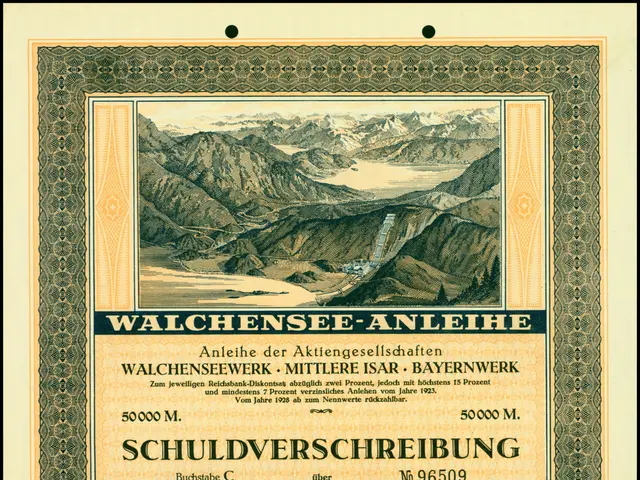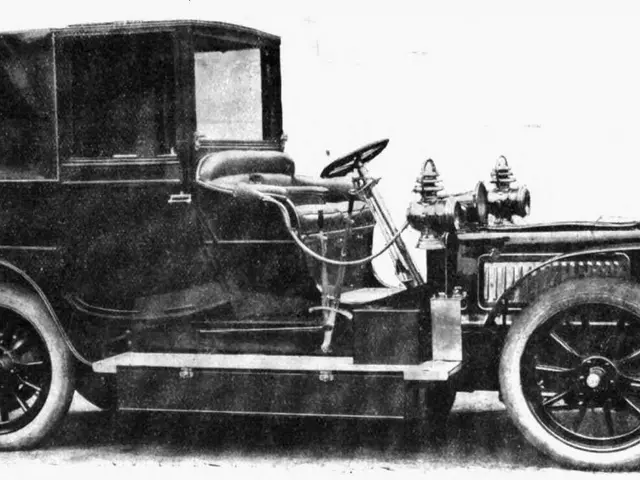CDU and SPD Form Unexpected Coalition in Hesse Elections
In an unexpected turn of events, the conservative Christian Democratic Union (CDU) and the Social Democratic Party (SPD) signed a coalition agreement after the Hesse state elections on October 8th. The CDU clinched a clear victory with 34.6% of the votes, while the SPD lagged behind at a third place with 15.1% after the Alternative for Germany (AfD).
Despite the AfD outperforming the SPD, the CDU opted against a green coalition and chose to negotiate with the SPD instead. The negotiations, described as intense, constructive, and confidential by Rhein, the CDU party chairman, were finally approved by the party conferences over the weekend.
Nancy Faeser, the SPD's top candidate and the current Federal Minister of the Interior, expressed her gratitude for the "eye-level" negotiations, despite the SPD's poor performance. Despite being offered the position to run the Hesse government, Faeser chose to maintain her position in Berlin.
The new Hesse parliament is set to convene for its constituent session on January 18th, following the coalition agreement. Faeser's decision to stay in Berlin could impact the power dynamics within both parties and the coalition itself.
Enrichment Insights
The Hesse state elections resulted in a coalition between the CDU and SPD, despite the SPD coming in third. This decision likely stemmed from the necessity of forming a stable government to address Hesse's political and economic challenges. The coalition agreement would have involved negotiations on various policy areas, including budget allocations, legislative priorities, and potential reforms.
The CDU would likely lead the government, with a CDU member as the Minister-President. The SPD would contribute to the cabinet and potentially hold key ministerial positions. The coalition would need to agree on policy priorities, which could include economic development, education, healthcare, and infrastructure projects. The legislative agenda would involve passing legislation and enacting reforms, such as changes to fiscal policies or governance structures.
The coalition between the CDU and SPD would stabilize state politics in Hesse, ensuring a more predictable and effective governance structure. However, it might also lead to internal conflicts within both parties if there are significant differences in policy priorities. The specifics of the agreement would have been shaped by the need for compromise and cooperation between the two parties to address Hesse's challenges effectively.








